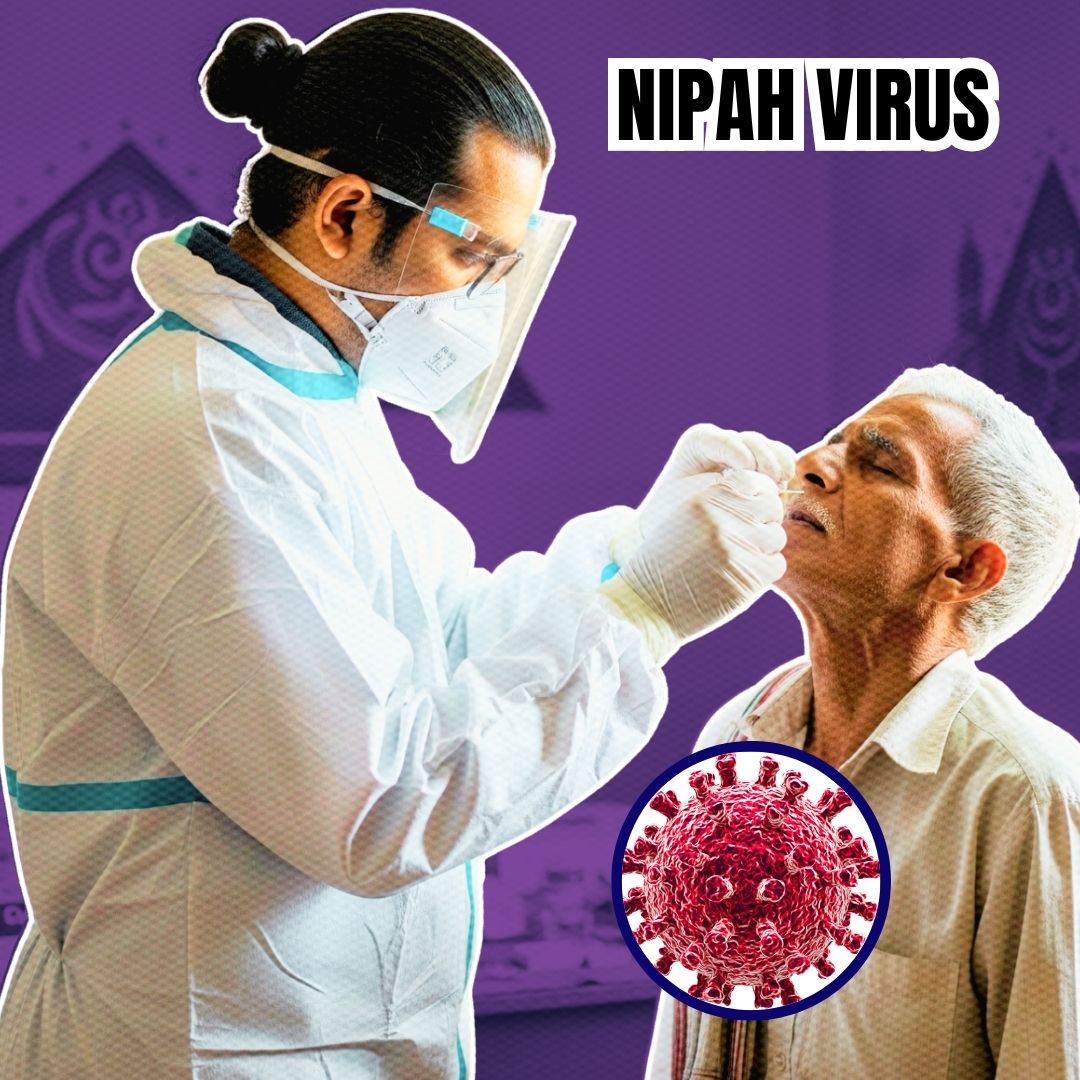Kerala’s Health Department has issued an alert in Kozhikode, Malappuram, and Palakkad districts after two confirmed Nipah virus cases emerged—one in a 38-year-old woman from Palakkad and another in a 17-year-old girl from Malappuram who died recently. Samples have been sent to the National Institute of Virology (NIV), Pune, for further validation.
In response, the government has formed 26 rapid response teams in each district, declared containment zones in affected areas, and intensified contact tracing and surveillance. Health Minister Veena George confirmed that preventive protocols are fully activated, with police assistance sought to track high-risk contacts.
Kerala’s Proactive Response to Nipah Cases
The confirmed Nipah cases were detected through preliminary tests at Kozhikode and Malappuram medical colleges, with NIV Pune providing confirmation for the Palakkad patient. The 38-year-old woman from Nattukal, Palakkad, is receiving monoclonal antibody treatment at a private hospital in Perinthalmanna after being treated at multiple hospitals for fever and encephalitis-like symptoms.
The Malappuram case involved a 17-year-old girl who died on July 1; her sample was tested post-mortem at Kozhikode Medical College. Over 100 high-risk contacts have been identified and quarantined. Health Minister Veena George said, “We have already strengthened preventive measures in line with Nipah protocol. Surveillance and hospital preparedness have been intensified.”
Background: Nipah Virus and Kerala’s History with Outbreaks
Nipah virus (NiV) is a zoonotic virus transmitted from fruit bats to humans and can spread via contaminated food or close contact. It causes severe encephalitis with a high fatality rate of 40% to 75%. Kerala has faced repeated Nipah outbreaks since 2018, with 17 deaths in the first outbreak and sporadic cases in subsequent years.
The state’s swift containment and treatment protocols have reduced mortality rates over time, aided by monoclonal antibody therapies and antiviral drugs. The current alert follows routine surveillance and rapid testing after patients presented with symptoms consistent with Nipah infection.
The Logical Indian’s Perspective
The re-emergence of Nipah cases in Kerala underscores the persistent threat posed by zoonotic diseases and the critical importance of vigilant public health systems.
At The Logical Indian, we stress the need for transparent communication, community cooperation, and compassionate healthcare responses to prevent panic and stigma. Strengthening surveillance, investing in healthcare infrastructure, and fostering public trust are essential to managing such outbreaks effectively.











